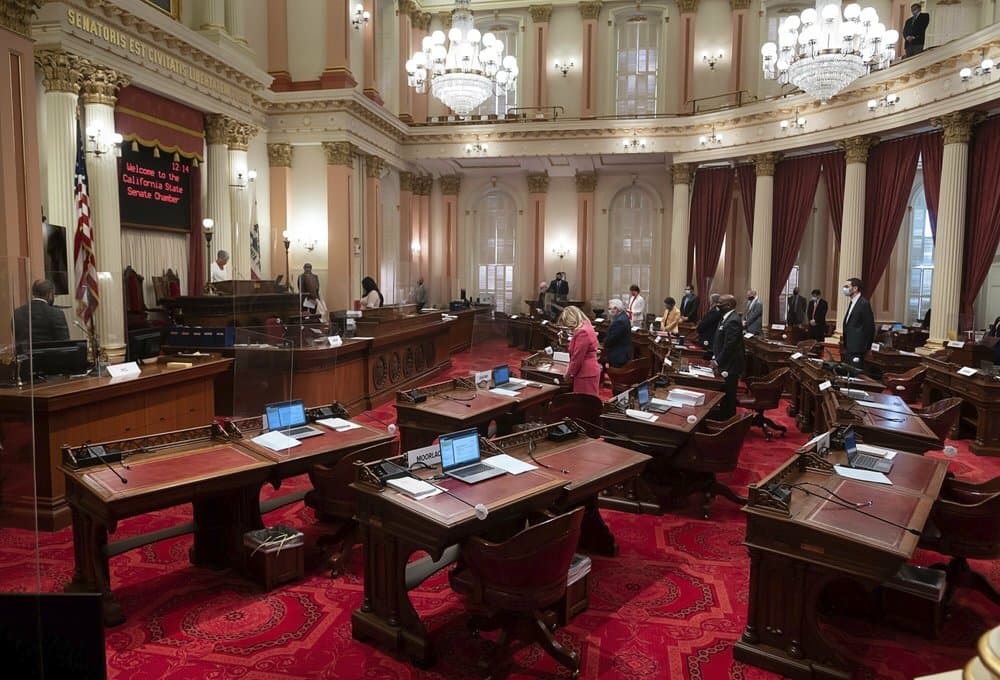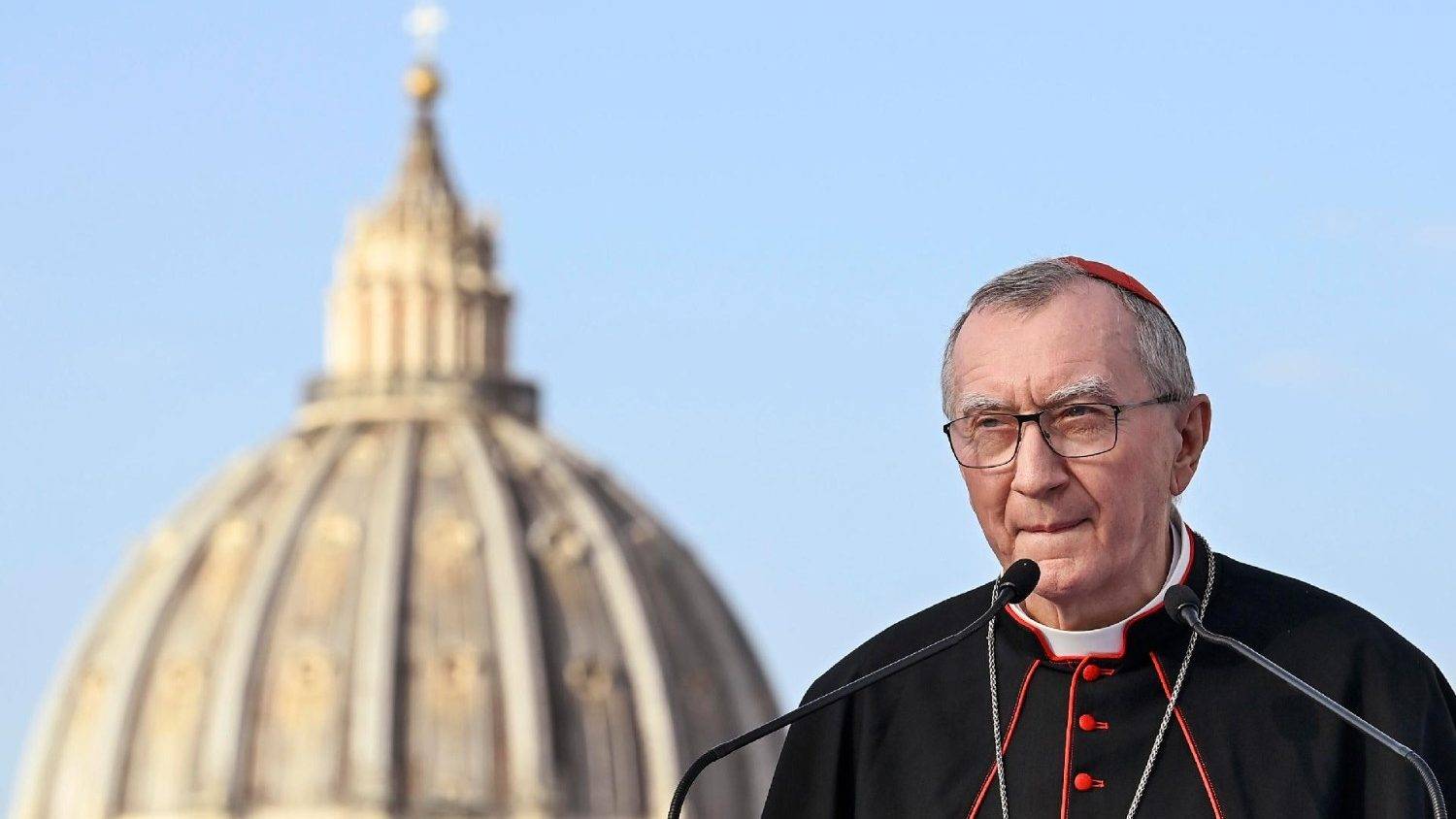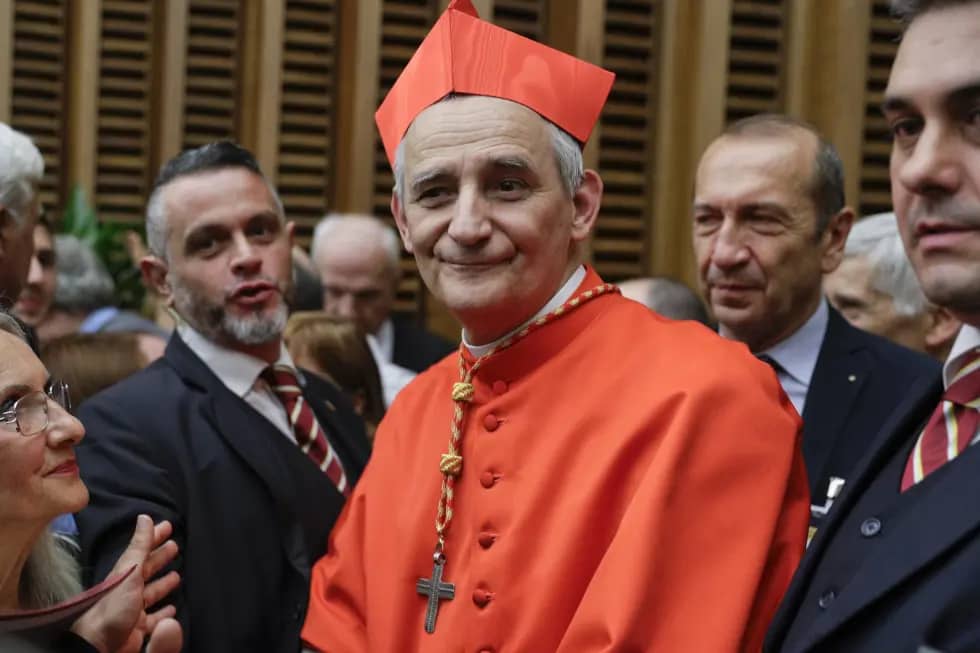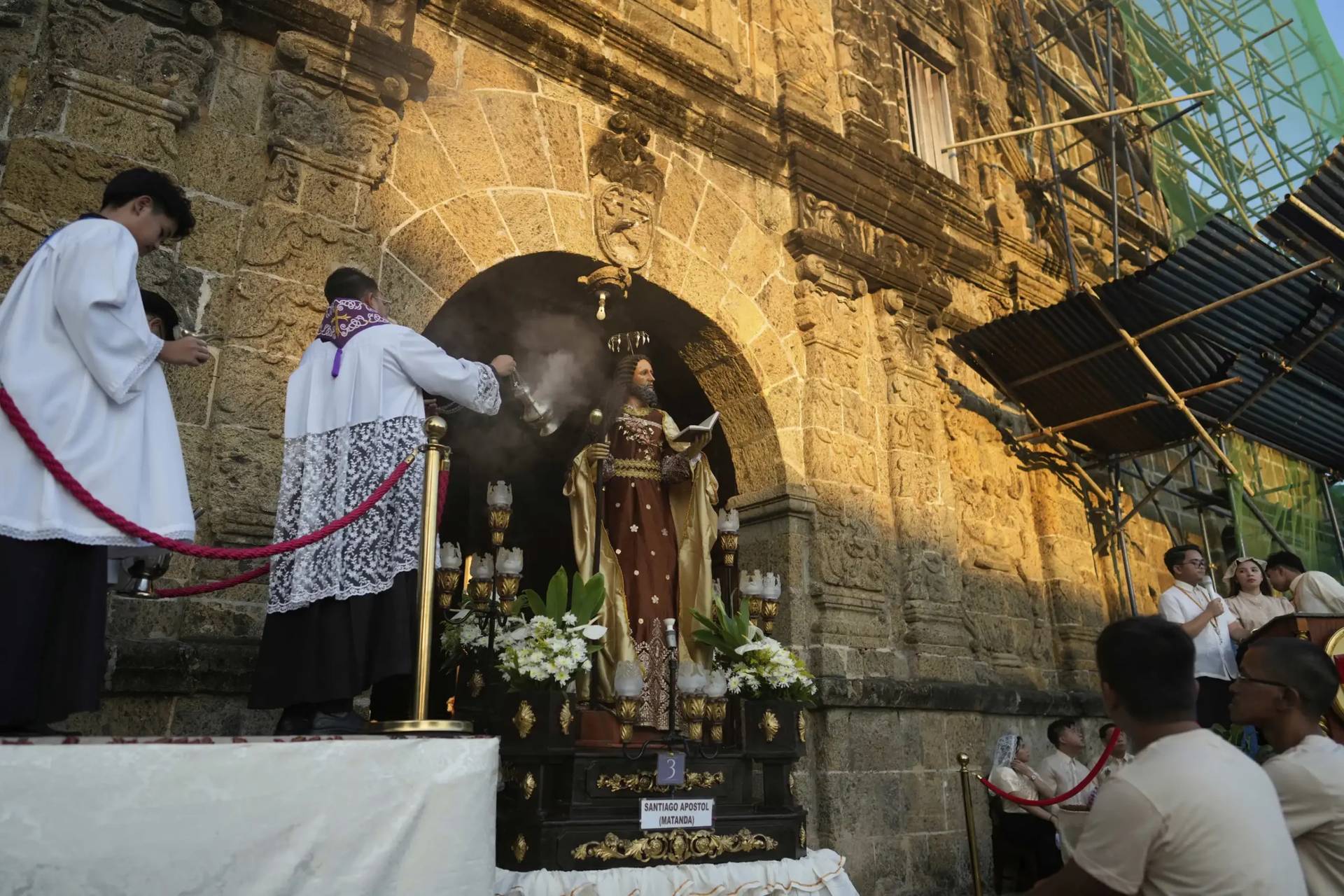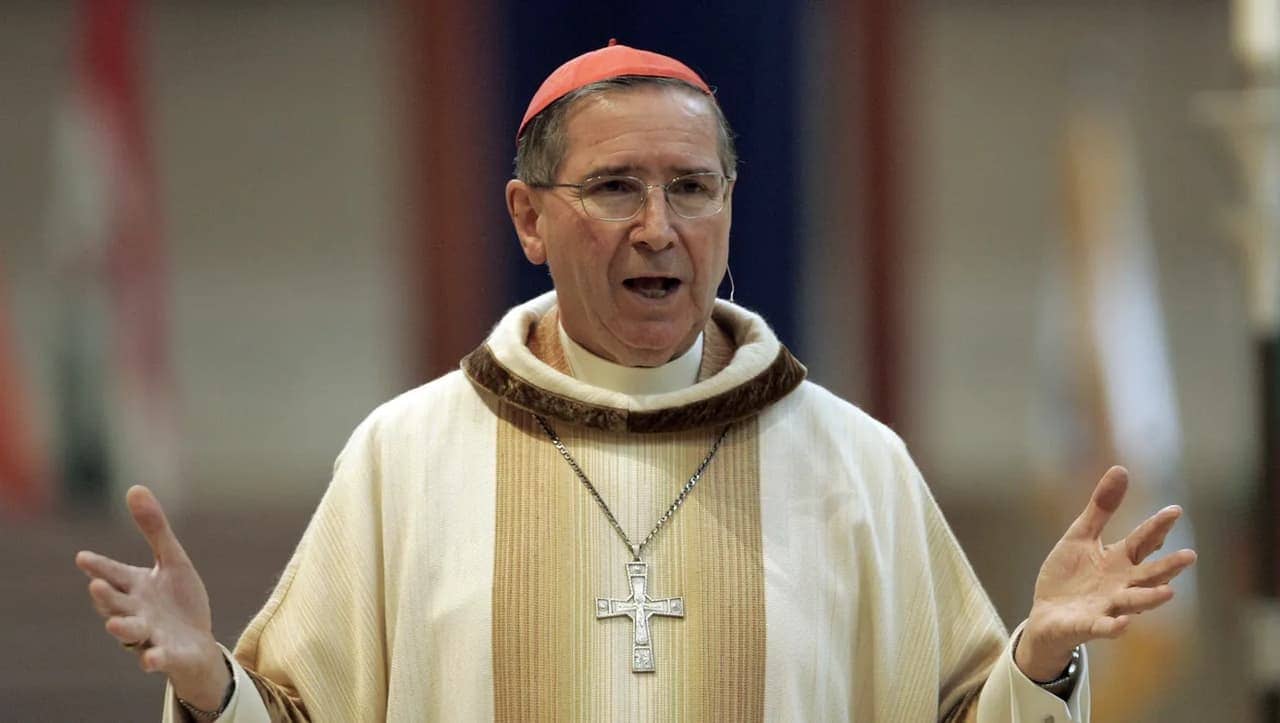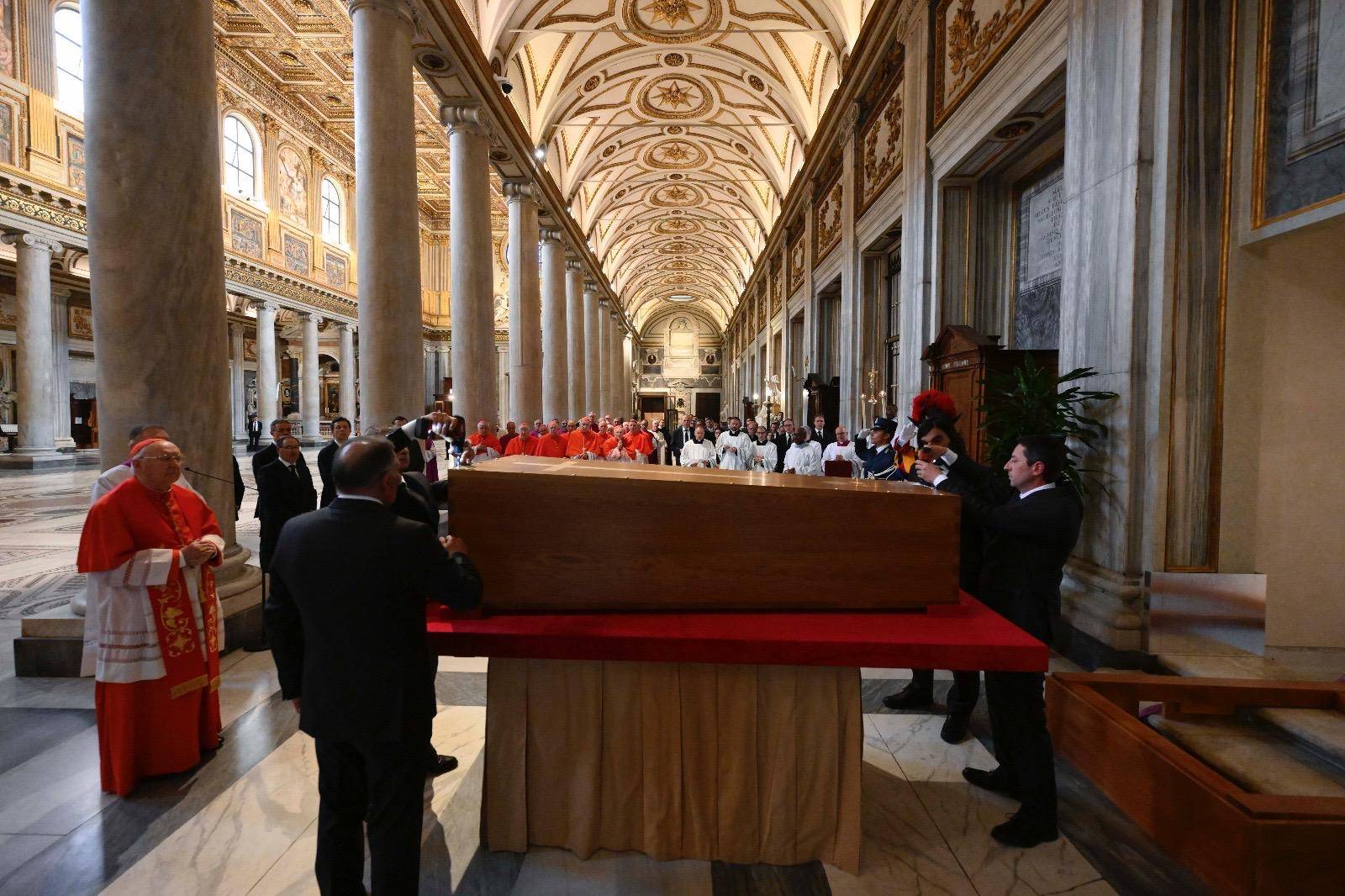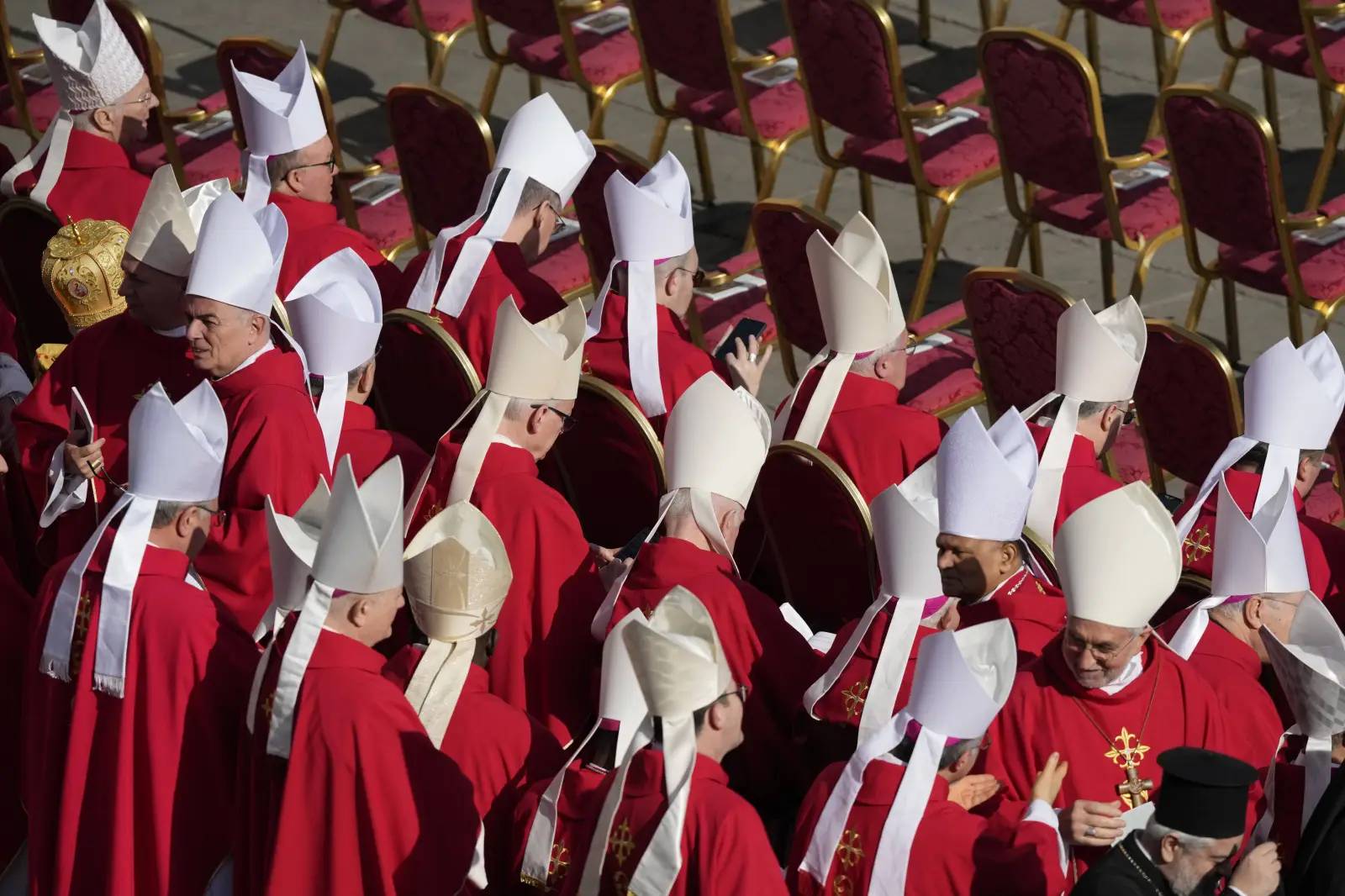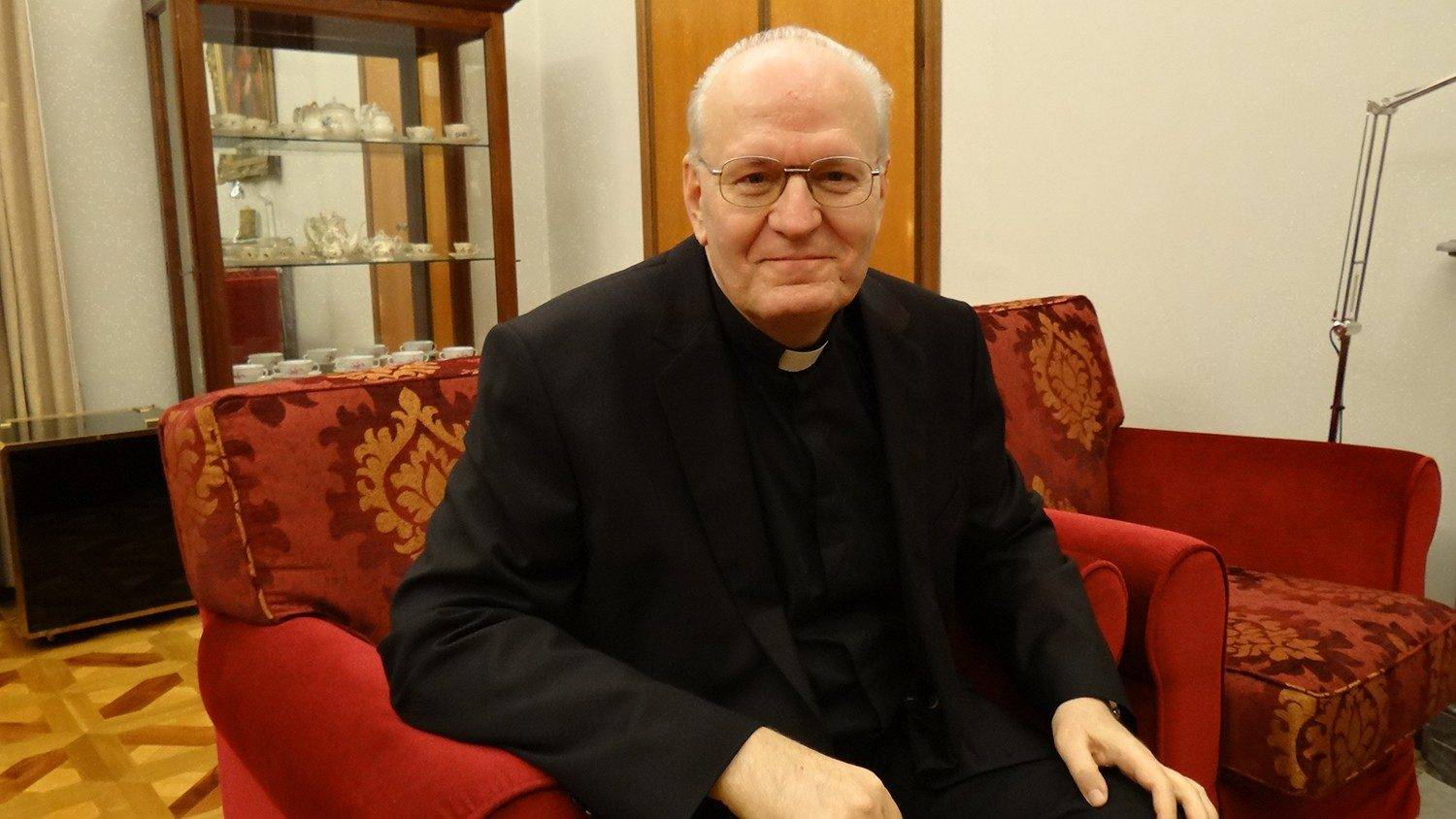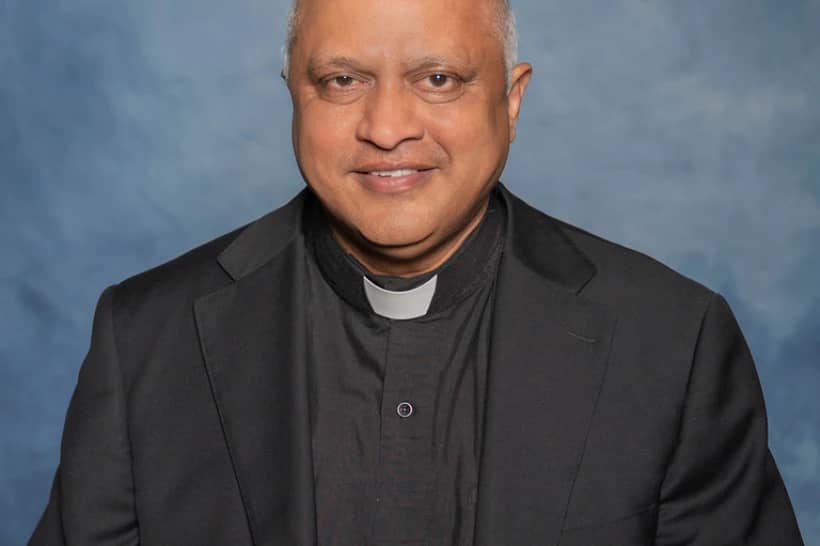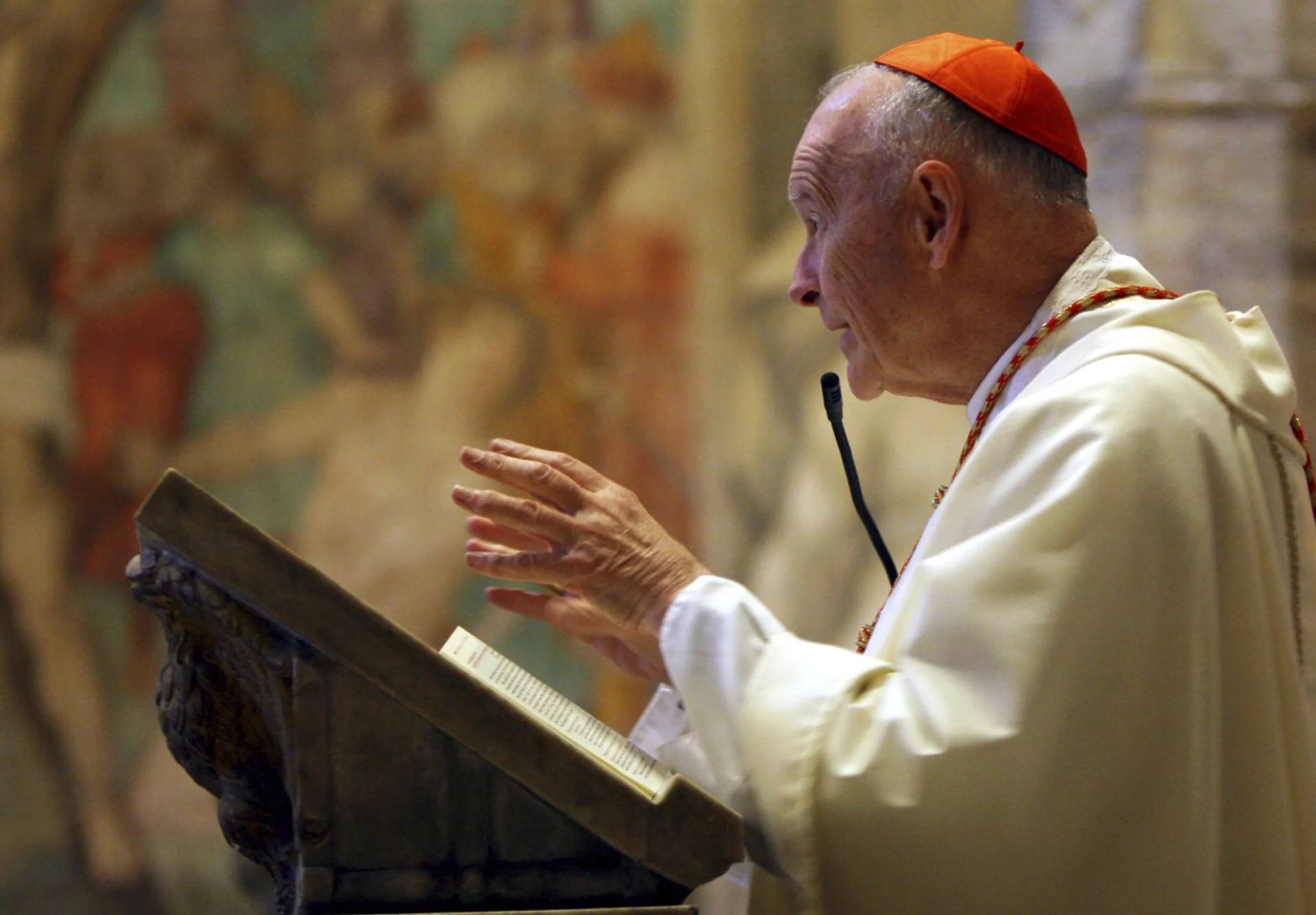[Editor’s Note: Kathleen Domingo is Executive Director of the California Catholic Conference, the first woman to hold this position. Prior to that, she served for 8 years as Senior Director of the Office of Life, Justice and Peace of the Archdiocese of Los Angeles. She and her family live in Sacramento and are members of Holy Spirit Parish. She spoke to Charles Camosy.]
Camosy: Congratulations on your new role as executive director of the California Catholic Conference! Can you give us a bit of your story and journey which landed you here?
Domingo: California is one of those mythical places that produces an immediate image for people all around the world. California is Disneyland or Hollywood, San Francisco or Silicon Valley, Yosemite or Napa. California is large and diverse, and our Catholic population reflects that diversity.
I am blessed to be able to work with our bishops in California on behalf of the people in our great state. For the past three weeks, I visited bishops in their dioceses, learning their challenges and opportunities and meeting their staff. I visited missions, fought traffic, and spent countless hours driving through our vast agricultural regions. What I see everywhere is a Church that is alive and growing. Our bishops know their people and have beautiful stories of time spent ministering in the fields and on the streets, at parish celebrations and religious professions. They tell me how the Church has thrived during Covid, how the domestic church has grown in unexpected and fruitful ways.
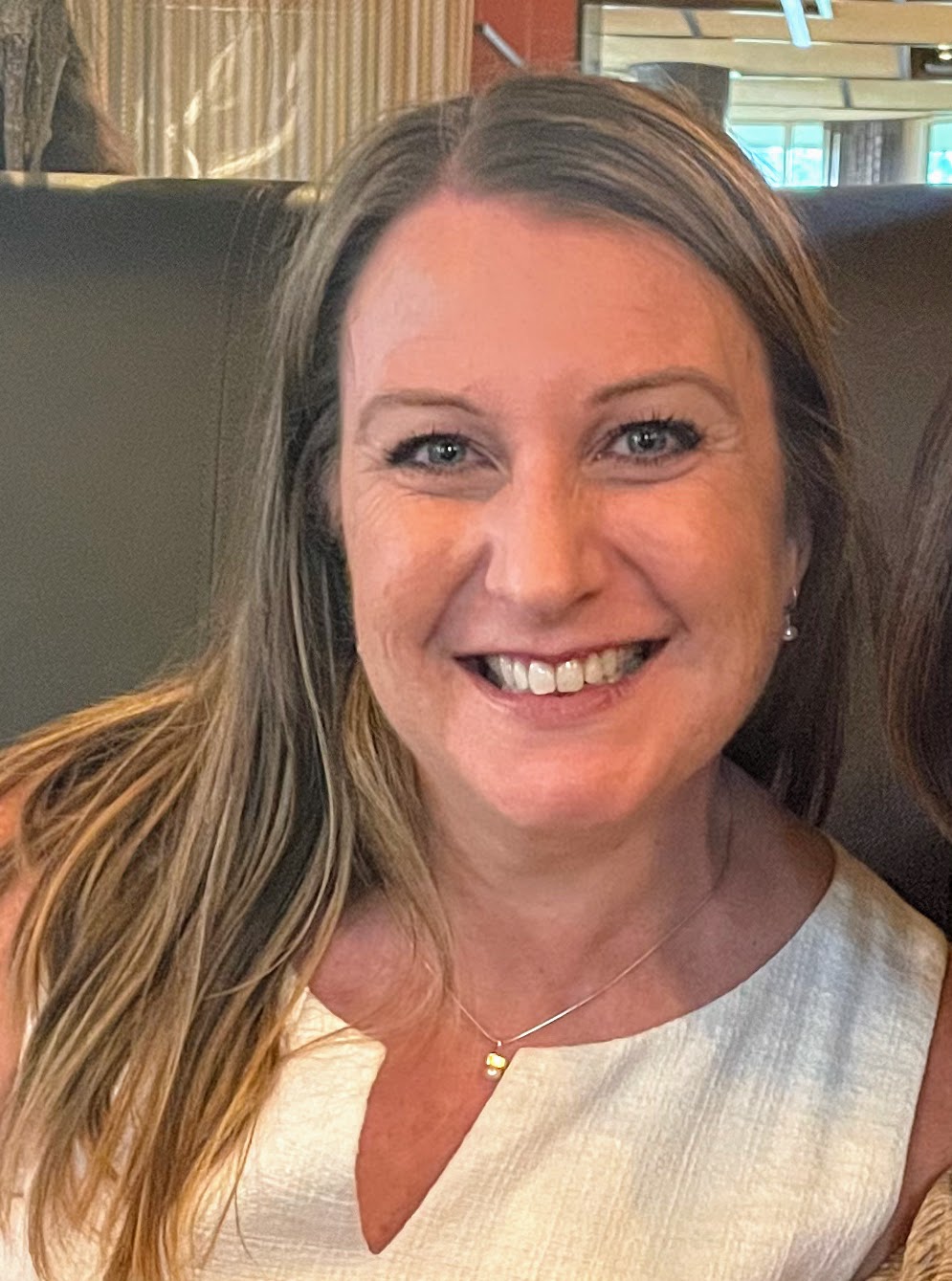
One insight I learned since starting this role in July is that many people have no idea what a state Catholic Conference is or does. We’re largely behind the scenes, slogging through legislative hearings and government documents. The exciting part is getting to know our legislators and learning how we can work with people who have not worked with the Church before or don’t think they want to. Advocacy is evangelization, and our faith is ever new and transformative. It is a privilege to take the message of the Gospel into unexpected situations, drawing on the Spirit to enrich our conversations so that the message of Jesus can permeate our work, however subtly.
Over the summer, I attended a national gathering of State Catholic Conference Directors. It is a wonderful group—smart, committed, passionate people who spend their lives doing religion and politics and being shunned at cocktail parties! Listening to their stories brought me such hope! Working with elected officials truly is mission territory, but it is also incredibly fertile ground. Unlike many of my colleagues, my background is in Theology, not Law. I have spent my career in parishes and dioceses. I draw upon those experiences for advocacy, and the faces of people I met and worked with over the years are with me when I speak with legislators. This keeps me grounded and hopeful.
Can I ask you more about your previous role as senior director of Life, Justice, and Peace for the Archdiocese of Los Angeles? I’m so happy to see someone with that consistent life ethic vision now at the helm of the conference. How do you see that vision playing out in your new role?
In my eight years with the Archdiocese of Los Angeles, I was tasked with bringing together life, justice and peace – practically that meant building a department, forming parish teams, training and evangelizing, advocating. The reality, as almost anyone who has done any kind of parish or diocesan ministry can tell you, is quite difficult.
What is missing from the partisan divides found in many parishes, and even in many families, is an understanding of the richness of our teaching on the human person, our giftedness and our interdependence. Early in my tenure with the Archdiocese of Los Angeles, Archbishop Gomez began talking about the crisis of anthropology. He later wrote a beautiful pastoral letter For Greater Things You Were Born, providing a practical vision of the human person as the basis for Christian life. For me, a student of the work of St John Paul II, this was an amazing gift and served as the foundation for all the work of the Office of Life, Justice and Peace.
Over the years, I gathered a handful of transformative concepts from colleagues and friends that changed the way I did ministry. These insights are powerful and forced me to adjust my worldview.
The first, I learned from a young woman working with Culture Project. In a conversation about abortion, she taught me, “A woman cannot recognize the dignity of her unborn child if she does not first recognize her own dignity.” Wow! I still remember how it felt to allow that concept to penetrate my imagination. It reprioritized our work and set us on a path to intentionally proclaim the dignity of all people, through word and action. In many ways, this concept was the driving force behind the way OneLife LA was created, keeping the focus on the dignity of each and every person, repeating the concept through stories, songs, images, works of mercy. We decided to flood our community with the understanding of human dignity, equipping our neighbors with the language and tools to spread the message far and wide. We found this to be transformative.
The second, I learned from a leader at KidSave, an organization that works to connect older foster youth with families and mentors. She told us stories of young people living through horrific experiences. Then, she told us of the transformative effect a mentor family can have on a child. She taught me, “This might be the first time in a child’s life that he or she interacts with an adult who is not paid to be with them.” The reality of that statement hit me, and I wept. How is it possible that right here in our city, tens of thousands of children have this experience, when we also have millions of loving homes and welcoming families? I went home that evening, hugged my kids tight, and resolved to make foster family recruitment a centerpiece of our Life, Justice and Peace ministry.
A third lesson is from Archbishop Gomez, from a presentation at Georgetown University. He discussed overcoming polarization and our approach to sharing our faith within our modern reality. As always, Archbishop Gomez reminded us that we are called to be saints, and he taught, “There are no single-issue saints”. At the time, in the room, and later in media and personal conversations, people called this statement controversial. But it isn’t. It is true. It doesn’t mean people can’t focus on a particular social issue that is dear to their heart. It means that we are called to love and serve Jesus, as he reveals himself to us in our brothers and sisters, even those with whom we disagree politically or whom we find distasteful.
I learned that recognizing and affirming the dignity of each person I meet is the foundation for every positive interaction. This is true especially for people with whom I disagree vehemently. I learned to seek the human face behind every need, to keep solution-finding person-centered and cut through the mire of bureaucracy-building. Finally, I learned that each person’s call to sanctity is unique to their situation but that loving our neighbor as ourselves is not optional, and polarization is not a product of love.
What’s the latest with assisted suicide in California? My sense is that, for all the promises to keep the law as it was passed, the pushes to expand it in dramatic ways started almost immediately.
Assisted suicide was legalized in California in 2015 and included a few hard-fought but extremely limited “safeguards” for patients, the most important of which was a sunset on the law ten years from implementation – 2026. This sunset promised a review of the End of Life Option Act and the opportunity for legislators to determine how the law was working and whether it should continue in California. This year, we have been fighting SB 380, a new bill by the original author, that sought to remove virtually all “safeguards” and enshrine assisted suicide into California law without further review. Many legislators begrudgingly voted in favor of the Act the first time around with the understanding that they would be able to revisit the law in ten years. To them, and us, SB 380 was foul play.
Through lobbying efforts by politically diverse organizations, the bill was amended first to keep conscience protections for hospitals and doctors who refuse to participate or refer for assisted suicide. The sunset provision was also pushed back into the law, with a new review date of 2031. What remains in the bill is a disturbing reduction of the waiting period for patients to receive the life-ending drugs, from 15 days to 48 hours. We argued that this reduction dismisses mental health concerns and effectively eliminates any attempt at intervention. Proponents of the bill claim patients are dying naturally before they can take the drugs, something they find burdensome.
At the same time, there is a troubling new lawsuit in California seeking injunctive relief for people with physical disabilities who are unable to self-administer the life-ending drugs, a current requirement for the End of Life Option Act. Essentially, this would legalize active euthanasia. Many in the disability and patients’ rights community are understandably appalled at this suit and what it would mean for their future.
And what about Catholic health care in California? I’ve heard folks wonder how long these institutions can remain Catholic given what seems – at least from the other side of the country – very intense pressures from the state, medical associations, and other groups that are hostile to certain aspects of living out the faith in its fullness. Is that worry too dramatic?
I believe the concern about our Catholic hospitals is well-founded. Catholic hospitals in California serve populations, and provide training to medical professionals, in areas around the state where we are sometimes the only providers. Much of California is rural, and Catholic healthcare is critical for the well-being of many people who, without our care, would be completely unserved.
The value and contribution of Catholic healthcare has always been appreciated and celebrated. Recently, ideology and intolerance toward practices of faith, are increasingly moving conversations away from providing quality care into political debates that have no place in healthcare. Catholic healthcare provides excellent patient-centered care to anyone who seeks it. Impelled by faith, and following the Ethical and Religious Directives, Catholic healthcare continues the healing mission of Jesus by treating each patient with compassion in keeping with their human dignity.
The hostility to our healthcare comes from a relatively small, but loud, group of people offended that we don’t provide every single service. It is true that we don’t. But few hospitals provide every specialized service, and no one is upset when a regional hospital doesn’t have a burn unit or a NICU. Their concern is not about healthcare but about forcing Catholics and Catholic organizations to violate our consciences on a few elective procedures. Right now, we have reached agreements we can all live with, but we continue to work with state leaders to ensure that Catholic healthcare can continue to operate in California according to our principles.
Those are more negative considerations. Let’s finish on a positive note. Can you offer us something about which we can be positive?
At my office, I hung a sentence from Gaudium et Spes 31, which reads, “the future of humanity is in the hands of those men who are capable of providing the generations to come with reasons for life and optimism.” It really is the job of the Christian to be hopeful in all things. It is important to celebrate victories, however small.
There is hope in our parishes and in our communities. Lessons learned from our time at home during the pandemic persist, with people more interested in family and community than ever before. Everyday Catholics are conversing about our interdependence and our commitment to the common good. People are looking critically at how they can improve their communities and their schools, overcome racism and healthcare inequity. All of these are wonderful signs of hope!
Perhaps the most positive of all is our Catholic schools. Here in CA, public schools left behind so many students during the pandemic. At the same time, our Catholic schools shone, and some dioceses saw significant increases in enrollment. Parents and families are grateful for the heroic efforts of teachers to keep our students safe, engaged and learning. The difference of Catholic education, based on the dignity of every person and committed to educating the whole student – body, mind and spirit – has never been more obvious.
It’s easy to be positive in California, where the sun shines almost every day! That’s really the heart of it. Realizing that God is in charge, and we must be faithful and do our part, but we ourselves are not called to be the Savior. In college, I attended a retreat led by the great Jesuit Father Robert Spitzer. I remember he told us, “The greatest act of humility is to go to sleep at night, recognizing that the world will not stop spinning.” A good reflection for us all.
